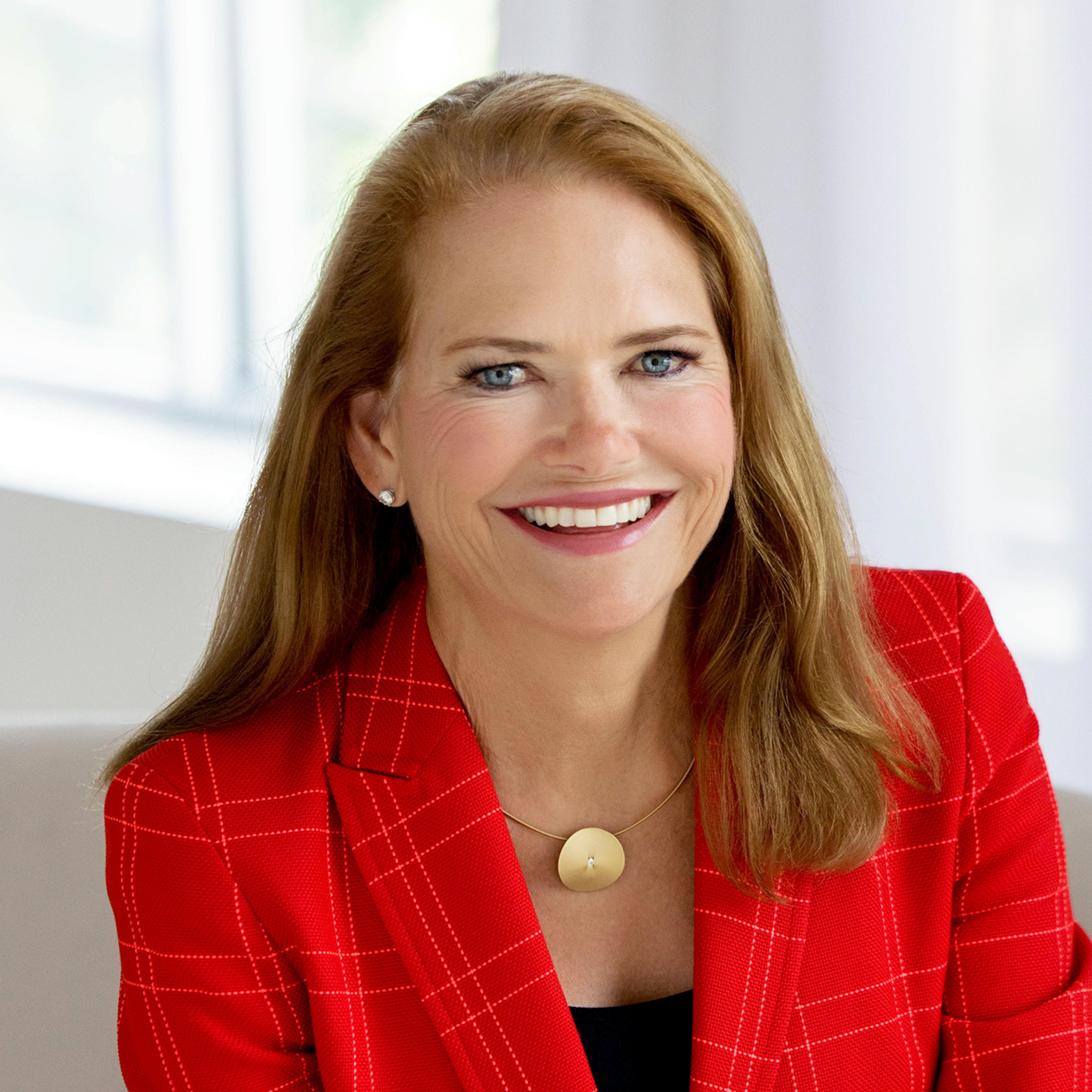
Amy is cofounder of Highlander Health, with a healthcare career marked by changemaking in organizations ranging from Flatiron Health to Duke University School of Medicine and Verily. Prior to Verily, Amy served as the principal deputy commissioner of the U.S. Food and Drug Administration from 2019-2021. Her board roles span public companies such as athenahealth and CareDx to private firms including insitro and Georgiamune. In addition to her standard setting and innovation work, Amy is a hematologist/oncologist, palliative medicine physician, and author of over 500 publications and counting.
Q&A
What’s the biggest misunderstanding people have about the challenges of bringing new treatments to market?
The idea that the work starts and stops in the laboratory — a new understanding of biology that leads to a new drug, which we’ll get to patients quickly once it's shown to be safe and effective. But in fact, there’s a long pathway from clinical validation and regulatory approval to actual access and adoption.
In my mind, this is where we need to dramatically step up our thinking and investment. How do we more quickly move from biological discovery to the place where physicians know to prescribe it, patients know how to take it, and payers are clear on its value? All parts of the system have to work to get a treatment to market. And getting to market has to mean in the hands of all patients who stand to benefit.
Why has it been so hard to innovate in this area?
A big challenge is that it demands T-shaped innovation. We need work that goes really deep to solve a specific problem, while always being mindful of how a specific investigation connects to the broader chain of events that is the discovery-to-approval-to-adoption journey. It’s the hard work of deep science and the really hard work of maintaining systems-thinking throughout.
You’ve worked in government, new and big tech, and academia. How does this inform your vision for Highlander Health Institute?
If you look at me on paper, I’m kind of a career mutt. Like, I make no sense. But working in all of these different roles was in pursuit of the same mission. All of these different sides are required to solve the big question: how do we get treatments to the people who need them as quickly as possible?
Brad and I also have real clinical and operational experience. We know what it means to talk to a patient about an untested treatment or to worry about commercial viability. The way we’ve structured Highlander Health Institute is to pull the different stakeholders together in a substantive way, so we can learn from each other and work in concert, with urgency — the way we want the system to ultimately function.
Long term, what are you most excited about for Highlander Health?
We have a vision that we can significantly shorten the timeline of getting treatments to people who need them, by 50 percent or more, and that Highlander Health has a huge role to play in driving this long overdue change. That we can do this responsibly, upholding safety and the standard of clinical evidence. I not only believe it’s doable, I also believe we already have the raw ingredients needed.
Given 15 minutes, how do you recharge your batteries? And given 15 days?
So in 15 minutes, I have to get outside. People who know me know I walk constantly.
Stepping outside is an instant pick-me-up. Bonus if there’s water in view.
With 5 hours, 5 days, or 15 days, the way I recharge is being with my family. My husband and kids. My mom and sisters. A soccer game, unique restaurant, texting jokes (I am rarely funny), family trip, or just hanging out.